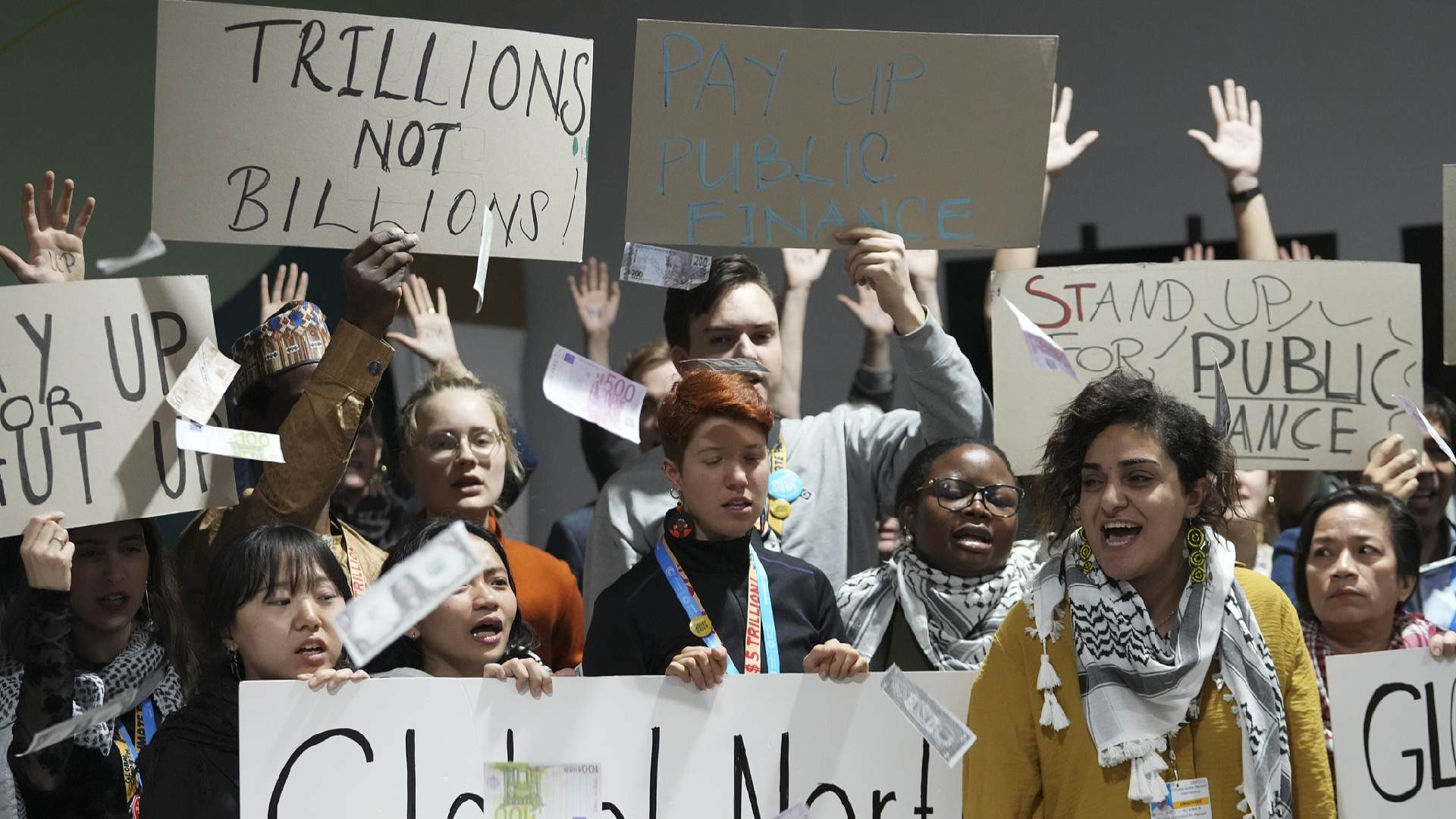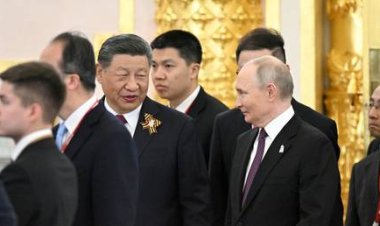COP29: Climate Finance of $300 Billion Approved, Leaving Some Disappointed
COP29 concluded early Sunday morning with the adoption of an agreement in which developed countries committed to providing a minimum of $300 billion each year by 2035 to combat climate change. This funding is intended to assist developing nations in facing challenges related to rising sea levels and severe weather events.

The allocated $300 billion is earmarked for developing countries that require financial support to transition to renewable energy, adapt to warming conditions, and address damages from climate-related impacts. While this figure is three times the current annual commitment of $100 billion, which is set to expire in 2025, it falls short of the $1.3 trillion that developing nations had requested, leading to widespread frustration.
Countries have been actively seeking financing to fulfill the Paris Agreement's objective of limiting global temperature increases to 1.5 degrees Celsius above pre-industrial levels, a threshold beyond which devastating climate impacts may occur. The latest projections indicate that the world could warm by as much as 3.1 degrees Celsius by the century's end, as reported in the 2024 UN Emissions Gap report.
UN Climate Change Executive Secretary Simon Stiell referred to the deal as an "insurance policy for humanity," emphasizing that “it only works if the premiums are paid in full, and on time.” He acknowledged the challenges in reaching an agreement but expressed satisfaction with the outcome, asserting that "This deal will keep the clean energy boom growing and protect billions of lives."
UN Secretary-General Antonio Guterres also commented on the agreement, stating in a post on X that he had hoped for a "more ambitious outcome," but recognized that the agreement "provides a base on which to build."
However, several developing nations expressed disappointment with the agreement. India’s negotiator, Chandni Raina, described the $300 billion as "a paltry sum" and voiced objections to the manner in which the deal was adopted, saying, "We are extremely hurt by this action by the president and the secretariat."
Many countries echoed India’s sentiments. Nkiruka Maduekwe, CEO of Nigeria’s National Council on Climate Change, labeled the deal as an insult. Juan Carlos Monterrey from the Panama delegation criticized the agreement as inadequate, stating, "It's definitely below the benchmark that we have been fighting for for so long." He highlighted a few changes, including the addition of "at least" before the $300 billion figure, which helped move the negotiations forward.
Sierra Leone’s climate minister Jiwoh Abdulai remarked that the outcome reflected a "lack of goodwill" from developed countries, which include the United States, Japan, and members of the European Union, adding, "We are extremely disappointed in the outcome."
Tina Stege, climate envoy for the Marshall Islands—an atoll nation endangered by rising sea levels—expressed mixed feelings, stating, "It isn't nearly enough, but it's a start," as she prepared to return home with only "a small portion" of what she advocated for.
Disappointment was also voiced by influential developing-nation groups, including the Alliance of Small Island States, the Least Developed Countries, and the African Group of Negotiators. Countries are hopeful that the agreement will encourage funding from additional sources such as multilateral development banks and private sectors. During the discussions at COP29, rich nations conveyed that it wasn’t realistic to rely solely on public funding, while poorer nations expressed concerns that if funding came as loans instead of grants, it would worsen their existing debt challenges.
World Resources Institute President Ani Dasgupta stated, "The $300 billion goal is not enough, but is an important down payment toward a safer, more equitable future," adding that "This deal gets us off the starting block. Now the race is on to raise much more climate finance from a range of public and private sources, putting the whole financial system to work behind developing countries' transitions."
In addition to the main agreement, several other texts were adopted at COP29, including a vague mention of last year's Global Stocktake approved in Dubai. The discussions did not explicitly reiterate calls for transitioning away from fossil fuels but did include the adoption of Article 6, which establishes markets for trading carbon credits. This was designed as part of the Paris Agreement to facilitate collaborative efforts among nations to significantly reduce global emissions.
Moreover, important agreements were reached on transparent climate reporting and adaptation efforts.
Allen M Lee for TROIB News
Find more stories on the environment and climate change on TROIB/Planet Health












